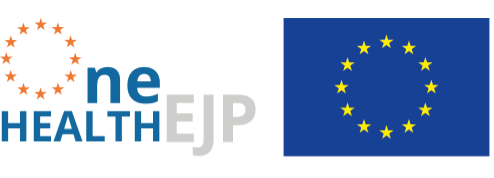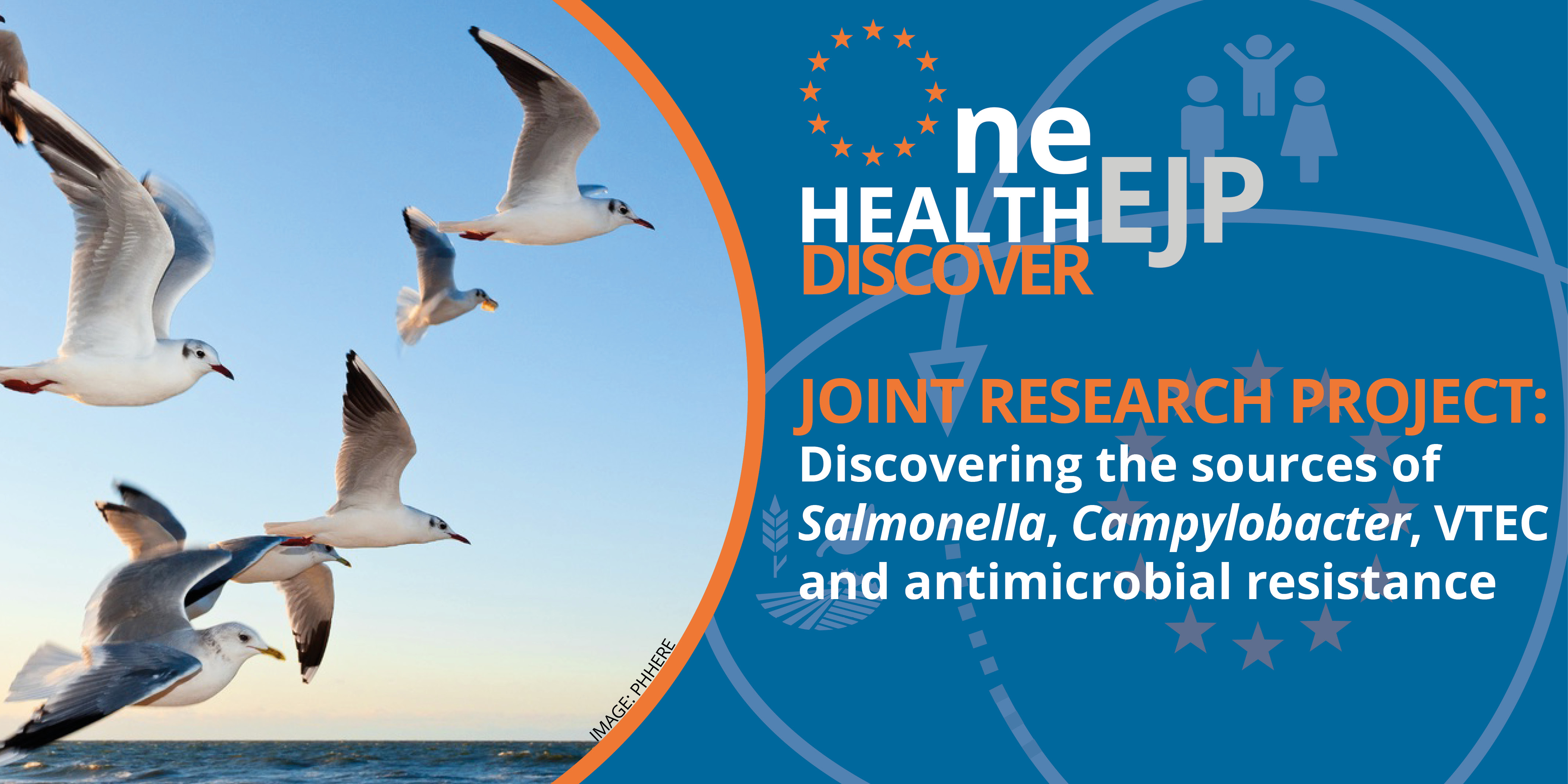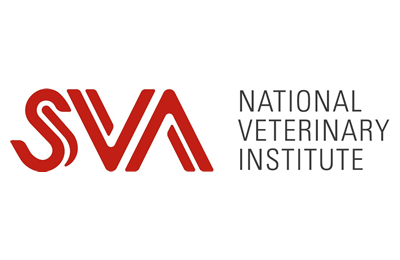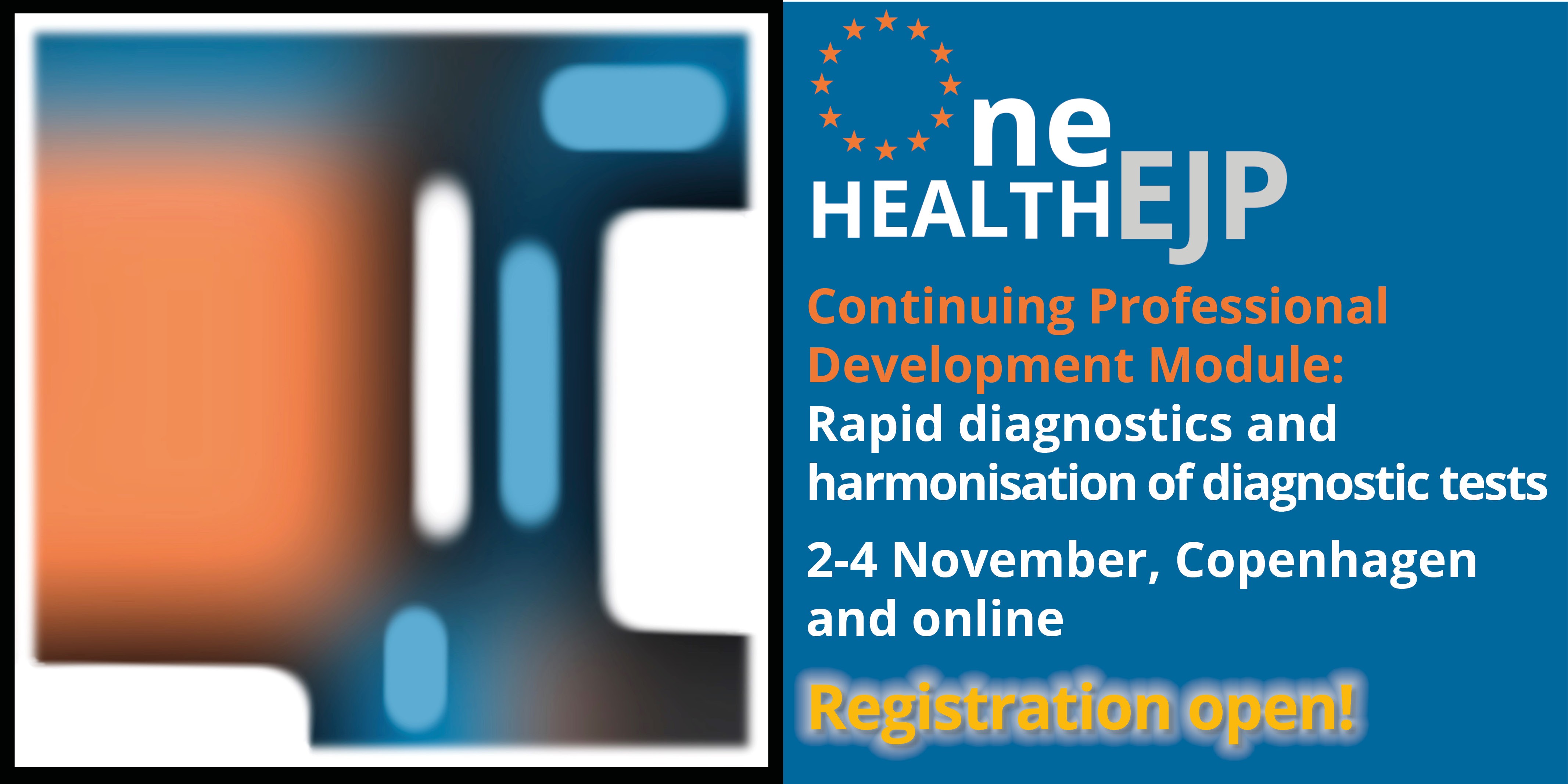This study investigated the occurrence of the top 3 most critical foodborne pathogens in free-living birds in Portugal: Escherichia coli , Salmonella spp. & Campylobacter spp.
Wild birds can harbour (as reservoirs) and/or physically transmit (as mechanical vectors) these pathogenic bacteria and the antimicrobial-resistant genes they carry to other species, including humans. The transmission of these pathogens to humans can occur by different routes, either by direct contact with birds or indirect contact (e.g., through faecal contamination of the environment).
This study used genetic and phenotypic characterisation techniques to evaluate the presence of E. coli, Salmonella spp. & Campylobacter spp. in bird faeces.
Key findings of this study:
- Free-living birds in Portugal act as carriers of E. coli, Campylobacter spp., & Salmonella spp. genotypes already associated with human disease.
- Some of these bacteria are resistant & multidrug-resistant to antimicrobial agents, including critically important antimicrobials for human medicine.
- These birds may act as effective dispersers of pathogens via faecal contamination of the environment during their annual movements – relevant for public health.
Congratulations to all the authors using a One Health approach to examine this issue.
Batista, R., Saraiva, M., Lopes, T., Silveira, L., Coelho, A., Furtado, R., Castro, R., Correia, C. B., Rodrigues, D., Henriques, P., Lóio, S., Soeiro, V., da Costa P. M., Oleastro, M., Pista, A. (2023). Genotypic and Phenotypic Characterization of Pathogenic Escherichia coli, Salmonella spp., and Campylobacter spp., in Free-Living Birds in Mainland Portugal. International Journal of Environmental Research and Public Health. 20(1), 223.
Read this research article here.






